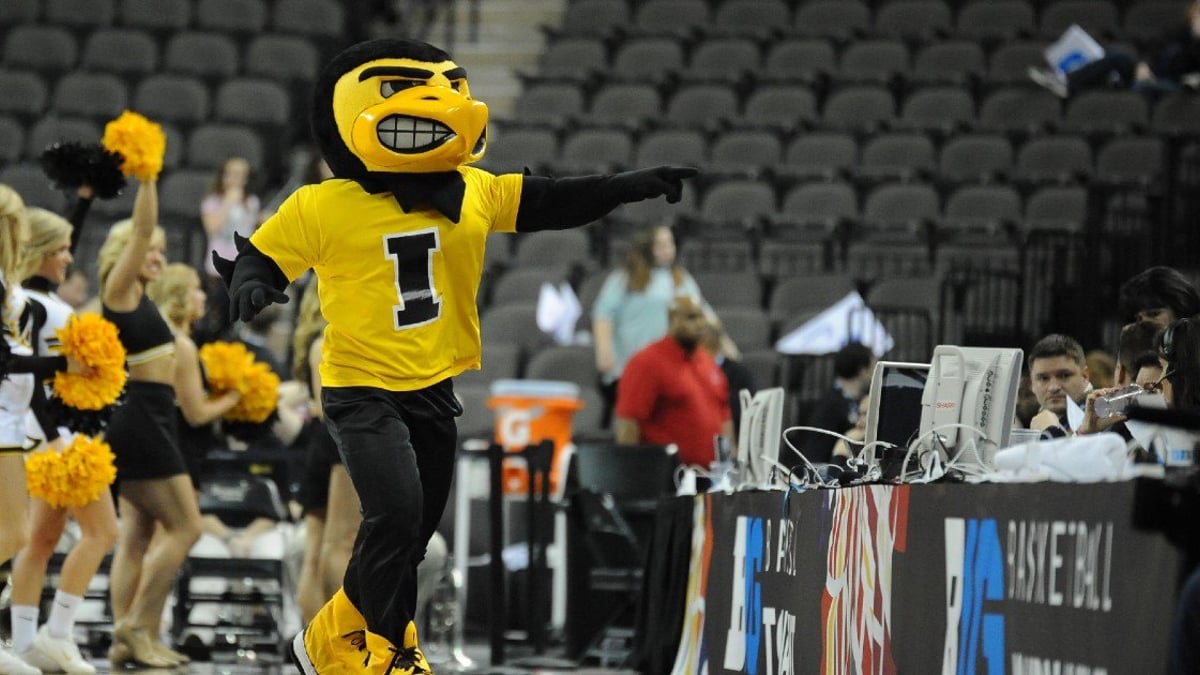College Betting Violations Will Be The Straw That Breaks Sports Betting's Back

Fresh off what looks like a potential major scandal with Alabama baseball and several gambling-related NFL suspensions, we have the news that a total of 41 student-athletes from the University of Iowa and Iowa State University are suspected of violating NCAA rules on gambling, per ESPN.
In the five years since the Supreme Court struck down PASPA, the U.S. has gone from one legal sports betting state to nearly 40. Throughout the process of legalization and expansion, so many lines have been crossed that it’s hard to tell where the lines once were.
States have quickly moved bills through and rushed to launch. And despite regulators in many jurisdictions overtly indicating, if not flat out saying, they don’t know much about the industry, they are doing things that would have once been unthinkable just a decade ago:
- Granting temporary licenses.
- Allowing (until recently) partnerships between sportsbooks and colleges.
- Skipped or hastened testing phases that could have caught sloppy errors, as a Massachusetts college mislabeled as a Florida school.
The U.S. has gone from “we have to get this right” when states were launching online casino websites in 2013 to “we have to get this up and running because people want to bet on the Super Bowl” whenever a state legalizes sports betting. From zero tolerance to, well, it’s a learning curve.
Iowa: One Fish in a Very Large Pond
More than 100 people are linked to the University of Iowa investigation, including staff, former athletes, and “26 athletes from baseball, football, men’s basketball, men’s track and field, and wrestling — as well as one full-time employee of the athletic department.”
That’s the investigation that is unfolding at one school.
Remember, nearly 4,000 accredited colleges and universities are in the U.S., most with athletic programs. The NCAA oversees the athletic programs at 352 Division I, 311 Division II, and 441 Division III schools, totaling more than 500,000 student-athletes.
Iowa and Iowa State aren’t outliers. This same investigation could be carried out at every school, and the only reason a similar number of people wouldn’t be swept up in it is they are better at hiding their tracks. Much like PED use in elite athletics, the people who get caught are the people who made a mistake.
How the American Gambling Association sees the future of online gaming.
What’s Next for Gaming in the U.S.?
I’ve been sounding the Congressional hearing klaxon for quite some time. An investigation that uncovers gambling violations by more than 111 people, including 26 student-athletes, on the heels of what looks like an insider information betting scandal involving Alabama baseball makes it inevitable.
It doesn’t matter what the violations at Iowa and Iowa State are. Whether it’s a full-fledged scandal or a bunch of kids running a March Madness betting pool, members of Congress will see the headline and find the nearest podium to launch into a screed about gambling taking over our institutions of higher education.
And that hearing will devolve into a referendum on every aspect of sports betting. Legal betting isn’t going away, but Congress can poke its nose under the tent (as Richard Schuetz often warns) and turn the screw on the industry.
Be first to get our exclusive sports offers!
Join today to stay up to date on your states gambling news and offers.








